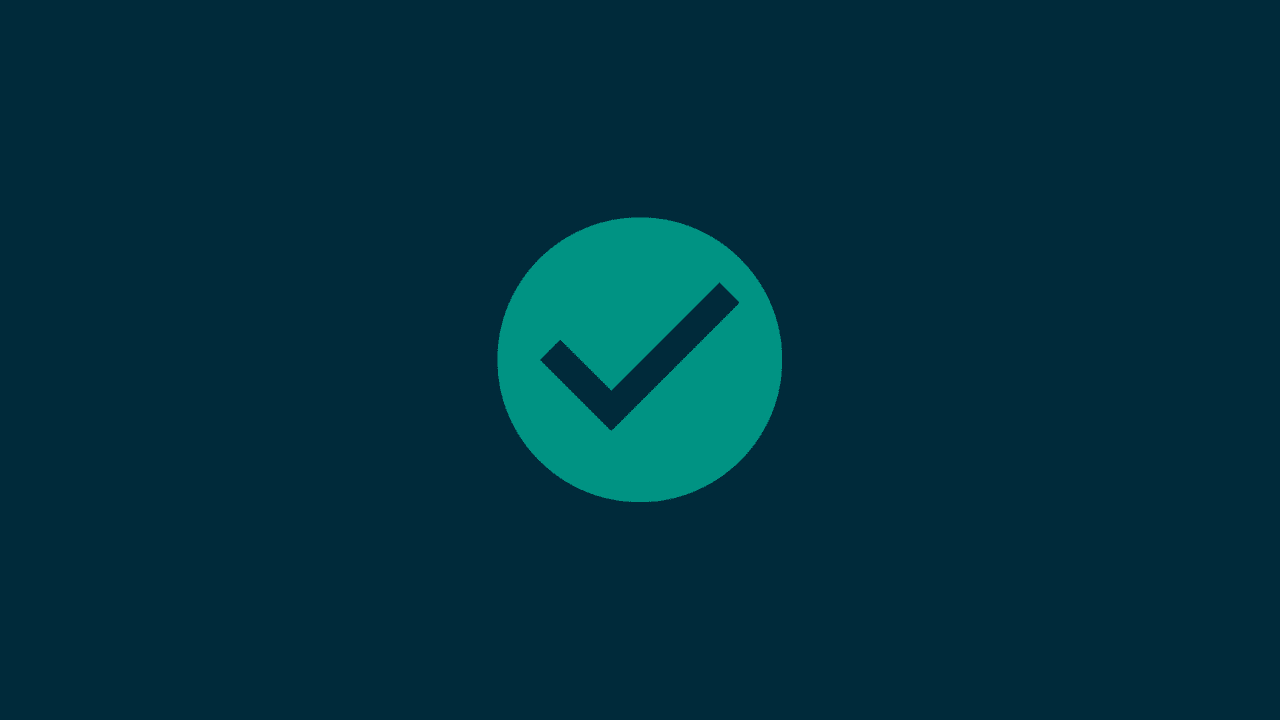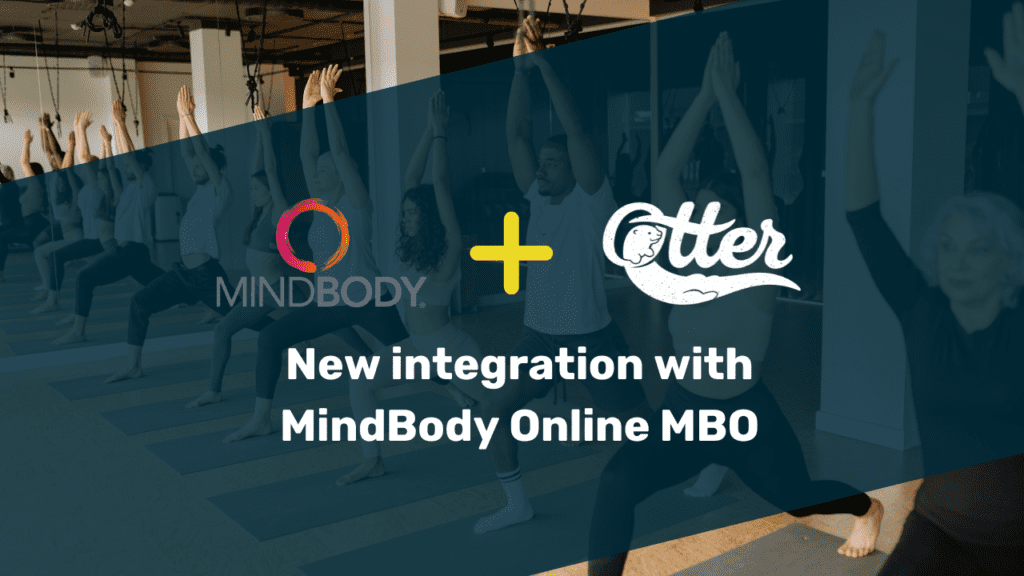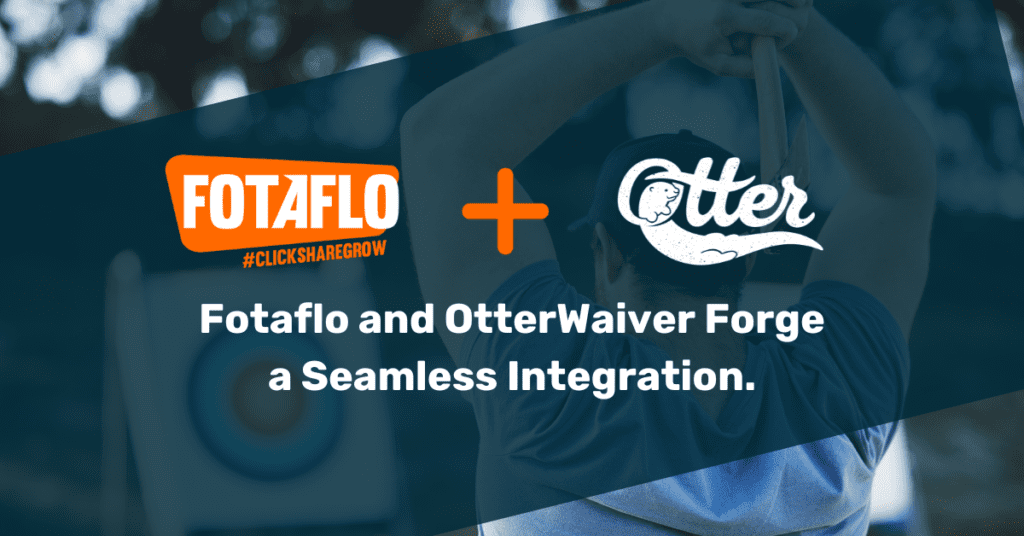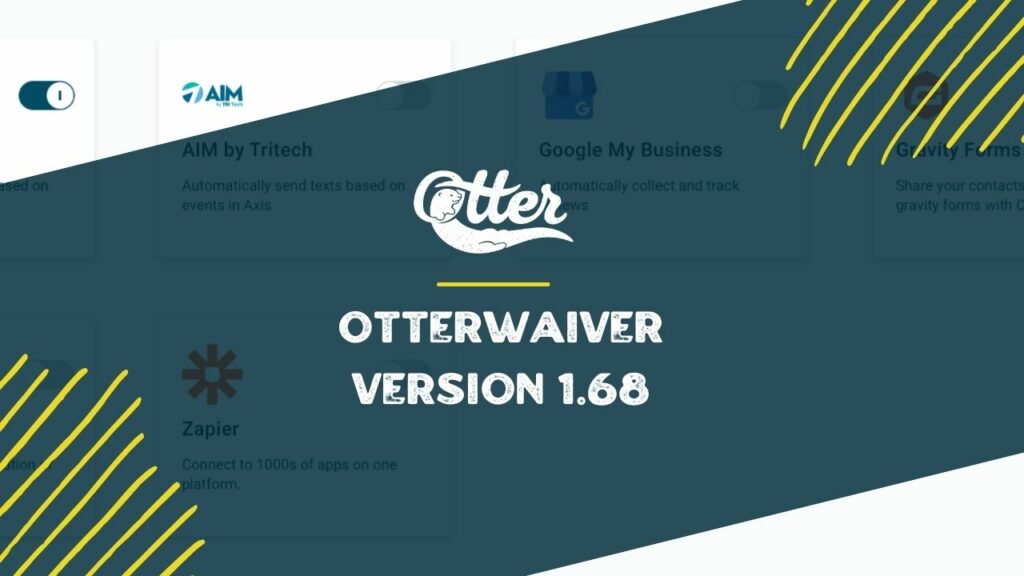The online check-in process is the first step in the customer’s journey with your company. Customers’ first impressions of your company, outside of what they learn from marketing materials, will be formed during the registration process.
Streamlining the check-in procedure can make things easier for your staff and guests when they register for upcoming events, make group reservations, or simply check in regularly online.
You can use check-in processes for much more than simple head counting. Optimizing them well can make collecting valuable data easier, provide better services, and build a positive relationship with new customers from the start.
The check-in process is relatively the same whichever your industry. The following 4 tips will help make the most of your online check-in system, whether you own a gun range or tourist agency.
1. Create an Easy-to-use Waiver Form
During check-in, you may ask customers to fill out various forms, such as a release form, waiver, or their contact information. Even if you believe that every bit of data you collect is crucial, remember that the more effort your customer has to put into the signup process, the more likely they are to simply not bother.
Finding the sweet spot when designing a waiver form can be challenging. You must ensure guests provide all the necessary information during check-in, but you also don’t want them to get frustrated with the process and leave.
During guests’ check-in experience, you can learn more about them. They can wane if they endure a time-consuming registration process or fill forms with multiple pages. If your business welcomes walk-in customers, this is a great perk: they can fill out paperwork in a matter of minutes using their mobile device or kiosk app.
2. Invest in Powerful Integrations & Software
Regarding the check-in process, your needs for your business may differ from those of other companies, which generic registration software may not account for. Fortunately, several businesses and industry-specific registration software solutions can help you find the right check-in process without compromising your needs.
Waivers
Waivers tailored to the specific dangers of your industry are necessary, whether you own an amusement park, a tour company, or an animal training school. Waivers allow you to quickly and easily customize pre-made release form templates for your own use. Once customers have signed the waivers, you can store them online later.
Look no further than Otter Waiver if you need reliable waiver software. Our platform also provides you with a quick and easy check-in process.
Ticketing
Ticketing systems will help you track how many customers they have at hand, allow customers to reserve seats, and limit overcrowding.
3. Leverage Membership Programs
Create a membership program if you want people to return to your business repeatedly. Your customers will appreciate not having to enter the same information often multiple times if they only need to register once to gain access to your company for a specified period.
A membership program will also provide you with the following features that will take your check-in system to the next level:
Personalize The Customer Experience
You can keep better tabs on your customers’ preferences and track their activity with the help of the right membership software. For instance, your messaging tools should let you tailor SMS campaigns to each member based on their training and preferences within your business.
Provide Member Benefits
To encourage people to sign up for your membership program, you can provide them with special perks like early entry to limited-time events or a reduction in the price of tickets to those events.
Automatically Renew Memberships
Subscribers who plan to maintain their membership past the renewal date can do so by selecting the “auto-renew” option. It’s vital to have membership software that can handle recurring billing and issue customers with receipts and other financial documentation so they know what they owe.
4. Reduce Risk Management
There are dangers associated with every event-related activity. Having participants sign a liability form, also known as a waiver, is a necessary business practice. If one of your guests sustains an injury at your event, a release form will absolve you of any responsibility.
Most businesses will inquire as to whether or not a customer has signed a waiver but will not double-check if they actually did. Your business could be held legally responsible if a waiver is not signed at check-in and an accident occurs. So make sure you check the person’s identification and that they signed a waiver to reduce your risk and liability.
First, inquire if your customer signed a waiver at check-in. If they say yes, request an ID and a phone number. Next, verify their information on a platform like Otter Waiver.
Customer check-in and confirmation that a waiver was signed should be routine procedures, so train your front desk staff accordingly.
Otter has a simple and streamlined check-in process. It’s easy; just open the waiver packet, write their name or number, and tick the left box. A record of their visit’s precise time will be marked. Check out the Otter Waiver’s official guide for a more detailed explanation.



